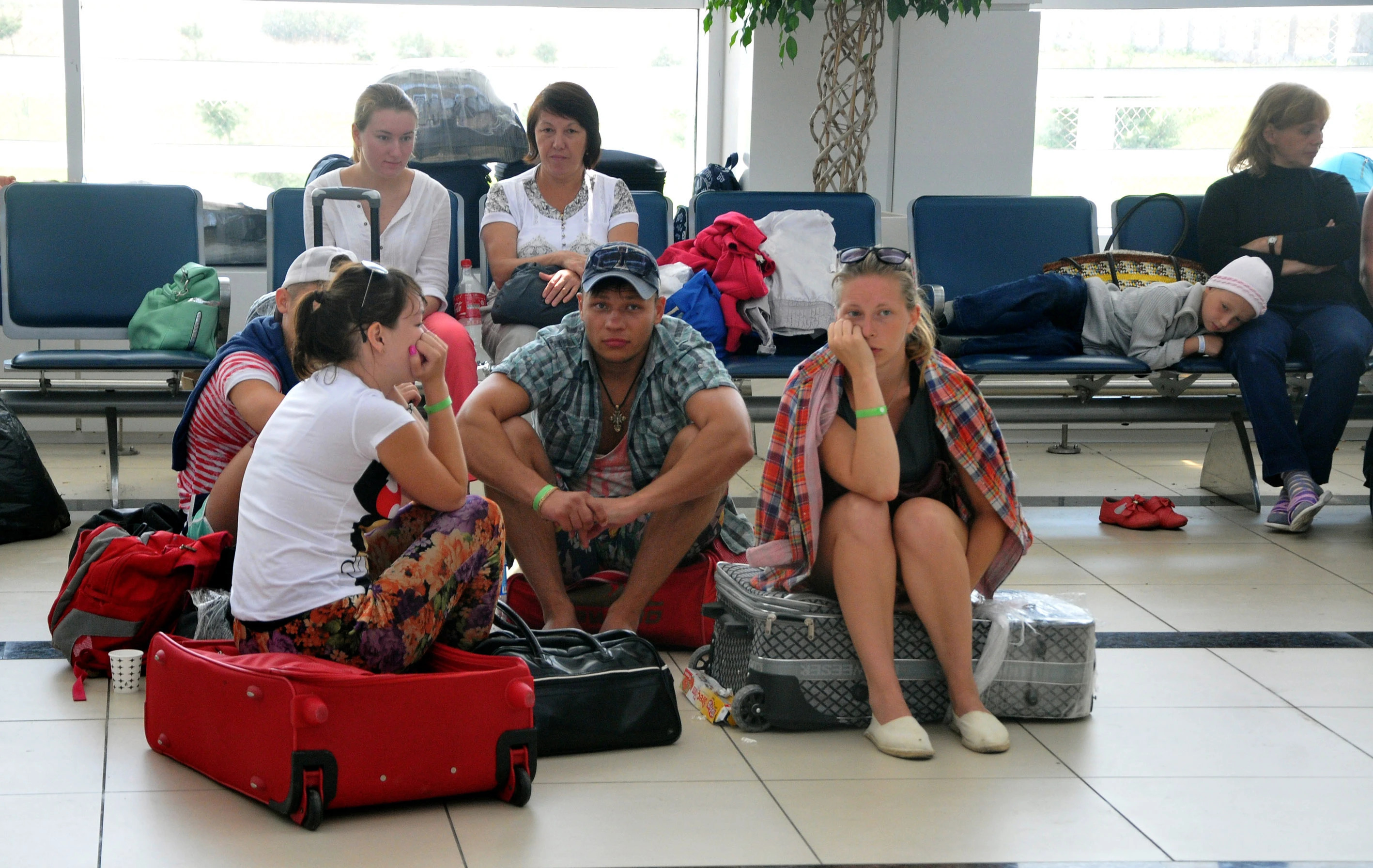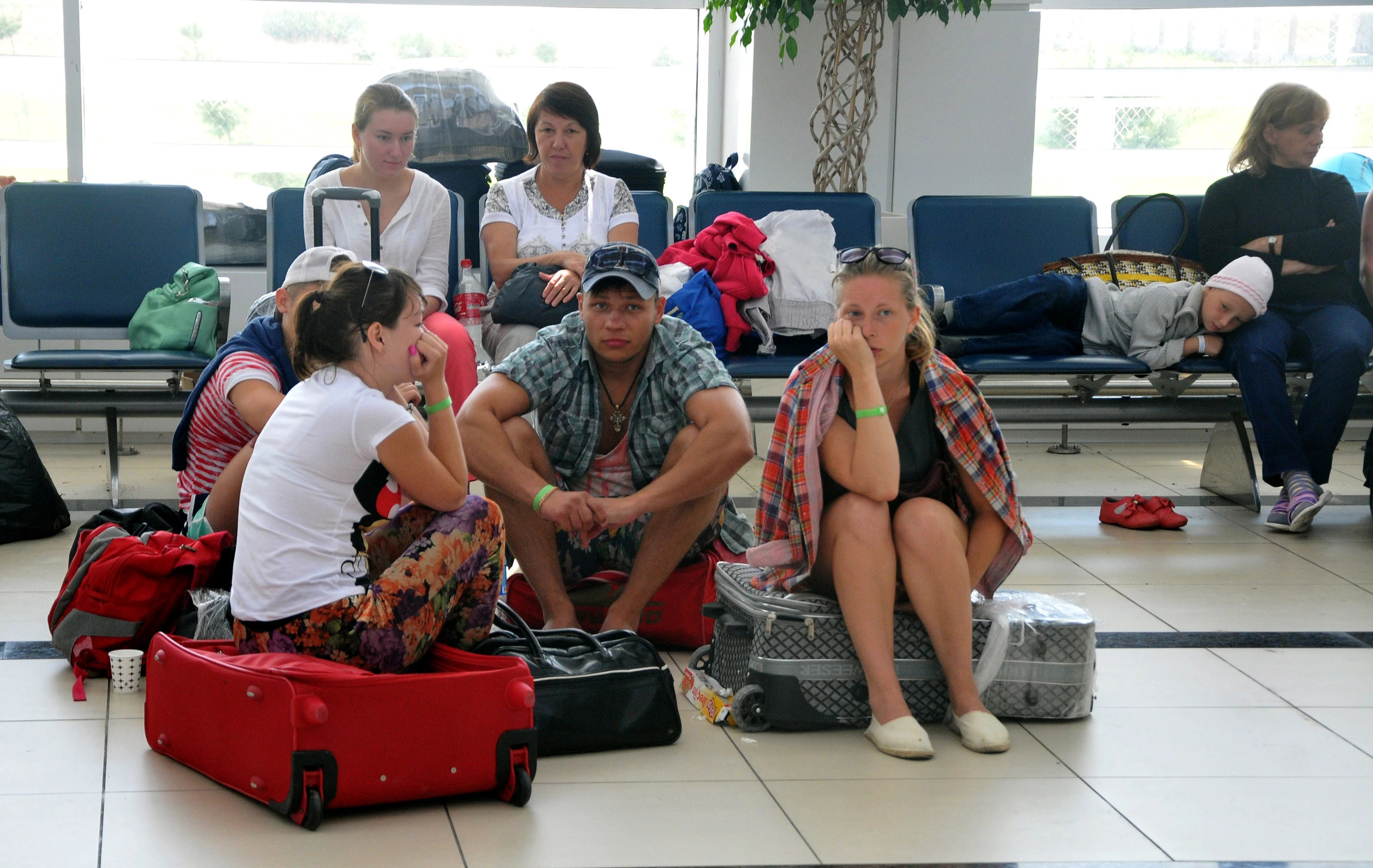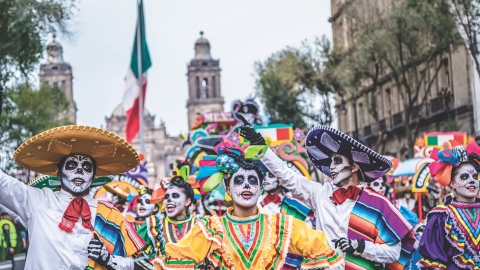Max, a Russian man in his 40s, used to enjoy strolling through museums in France, savoring fine cuisine in Italy, and trekking on picturesque hills in Spain. However, the difficulties of traveling in Europe made him hesitant.
"I understand the problems I faced when applying for visas to European countries. In the future, when things return to normal, I hope to be able to visit Europe again," he shared.
Europe is devoid of Russian tourists.
Last week, the European Union (EU) agreed to suspend a 2007 travel agreement with Moscow. This agreement made it easier for Russians to obtain visas. However, the decision to suspend it has made travel to Europe more difficult and expensive for Russian citizens.
Specifically, many countries such as the Czech Republic, Estonia, Finland, Latvia, and Lithuania have imposed strict restrictions on travel and work visas for Russian citizens. Estonia was the first country to issue visa restrictions for Russian citizens. However, German Chancellor Olaf Scholz strongly opposed this decision. Greece and Cyprus also held similar views.

Many European countries are tightening visa requirements for Russian visitors.
According to data from the travel analytics company ForwardKeys, EU countries such as Italy, Spain, Cyprus, and Greece were once among the top 20 most booked destinations for Russian tourists. However, this number has declined rapidly. Olivier Ponti, a representative of ForwardKeys, said that the number of Russian air trips to Europe this summer was only 26% of what it was in 2019.
He said: "Russians' holiday options have become more limited. Many popular destinations with direct flights have been suspended. Russians can still travel to Europe, but they have to travel via Istanbul or Dubai."
Where do Russians choose to go?
According to ForwardKeys, the difficulty of traveling in Europe has led Russians to seek alternative destinations. Compared to the same period in 2019 (June to August), data shows that Russian tourists are concentrating more on other destinations such as the Maldives (up 5% to 20%), Seychelles (up 3% to 7%), Türkiye (up 4% to 8%), and the UAE (up 1% to 3%).
Most of the aforementioned destinations were popular with Russian tourists before the conflict. However, interest has increased significantly as EU destinations have faced restrictions. Analysis from the Economist Intelligence Unit (EIU) shows that the Maldives has long been a favorite destination for wealthy Russians, who can easily obtain tourist visas for up to 90 days there.

Russians are limiting their travel due to economic reasons.
EIU analysts Mario Bikarski and Federica Reccia highlight that the more favorable exchange rate in Türkiye since mid-March could boost the number of Russian tourists visiting the country. The Turkish lira is trading at $0.055 – close to its all-time low – after the Turkish central bank cut its benchmark interest rate in August, despite inflation nearing 80%.
However, travel for Russian tourists may be further restricted. Besides the EU suspending the 2007 visa agreement with Moscow, Russians themselves are reluctant to travel due to economic concerns.
"If the conflict continues, the economic outlook will worsen and affect the travel trends of this group of tourists," analysts say.

 VI
VI EN
EN


































